Making a global impact one project at a time
Led by PLuS Alliance fellows and researchers, these collaborative, seed-funded research projects focus on creating a sustainable future for everyone.
Led by PLuS Alliance fellows and researchers, these collaborative, seed-funded research projects focus on creating a sustainable future for everyone.
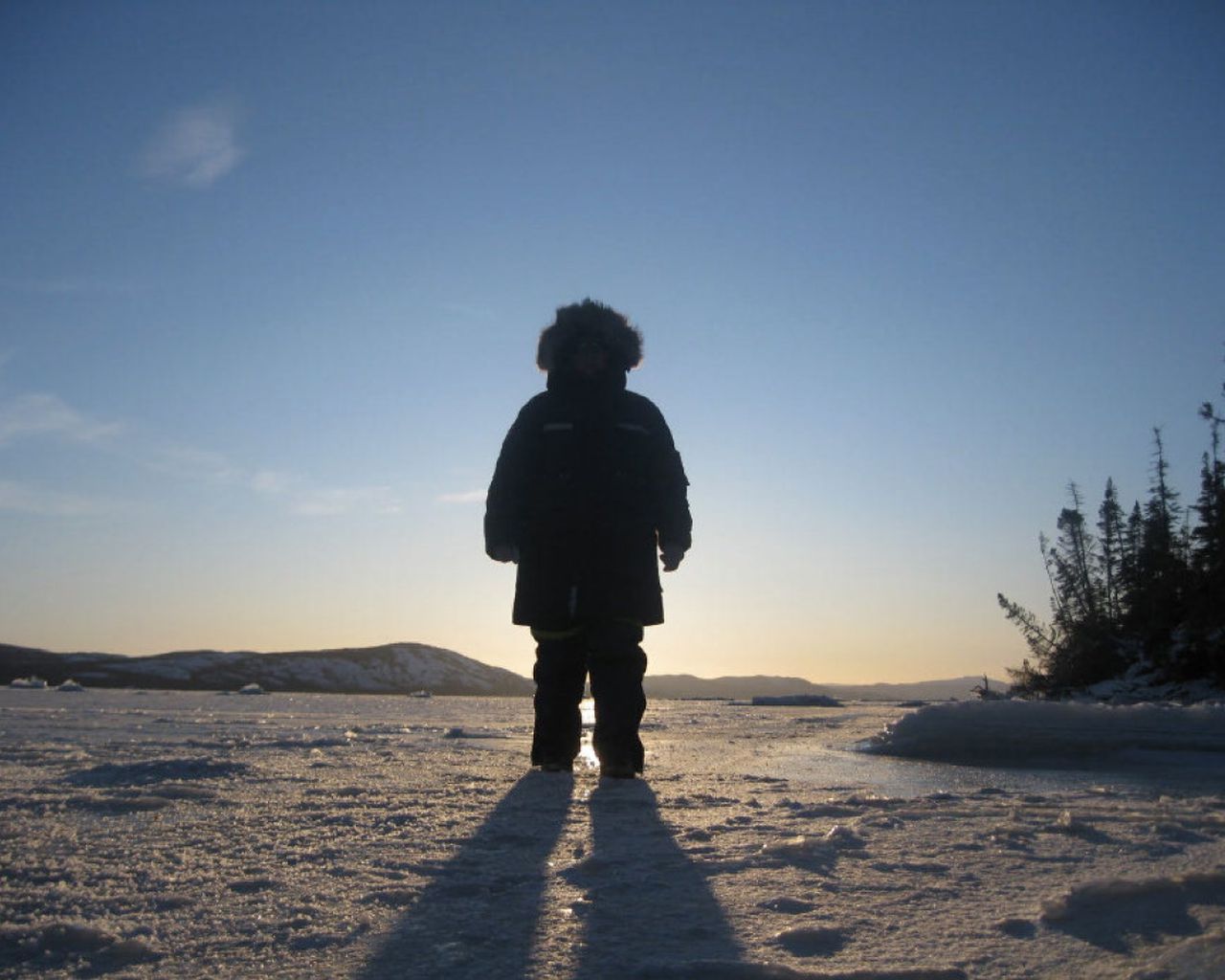
Indigenous peoples are particularly vulnerable to the hazards associated with climate change, leading to greater health inequalities. The purpose of this project is to combine community participatory techniques with epidemiological and political-ecological assessments to examine the effects of climate change and water related environmental degradation, and exclusion from management and governance of the local environment on mental health in First Nations people, particularly young people, in regions vulnerable to climate extremes.
The project aims to provide pilot data and protocol development for a larger multi-country study. The project will assess the optimum way to collect information on mental health indicators, ecological and hydrological indices including biodiversity, water, soil and air quality, and most importantly processes that exclude indigenous peoples from legal and regulatory procedures governing natural resources such as water.
As extreme events like drought and cyclones become more common, the project will develop protocols to facilitate community voice in the management and governance of the local environment. This project builds on work with First Nation communities in Dominica (KCL), Arizona (ASU), and western NSW (UNSW & Griffith University).
Professor Felicia Mitchell |
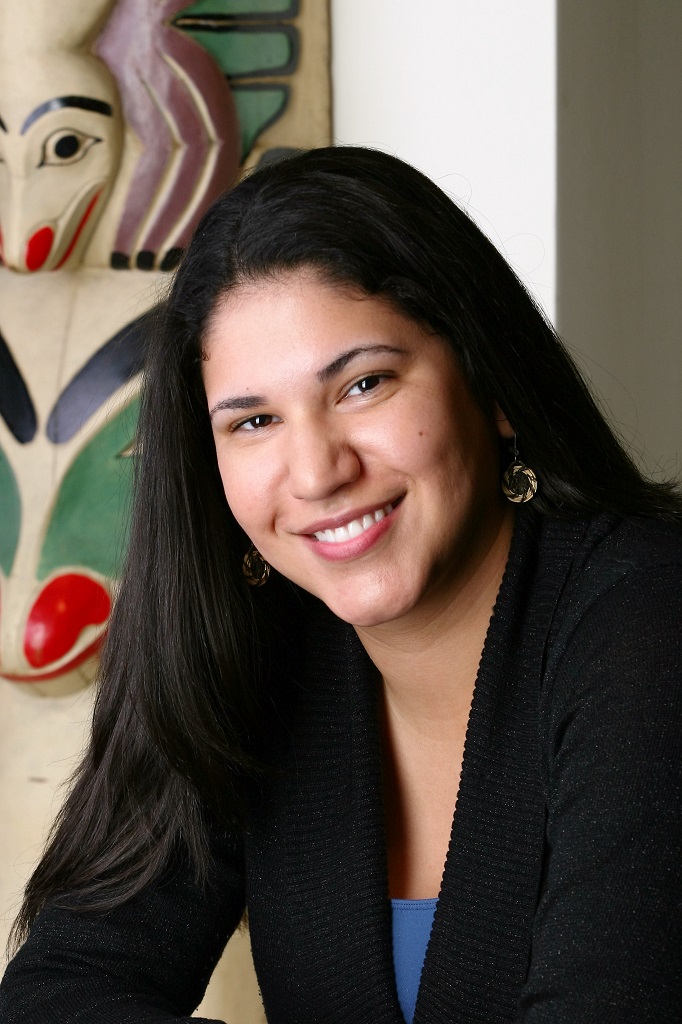
ASU | Social Justice

ASU • Social Justice
Dr. Felicia M. Mitchell joined the School of Social Work at Arizona State University in August 2016. Mitchell is committed to social justice for all oppressed and marginalized peoples and advocates for the advancement of environmental and health equity in communities of color. Her primary research interests focus on social determinants of health (inclusive of environmental determinants) and their impact on Indigenous health and well-being. Mitchell's work seeks to promote public and policy responsiveness to the health, social and anthropological dimensions of environmental change specifically related to water. Mitchell values community-based participatory research principles when partnering with communities and organizations around group-identified health and ecological concerns. Mitchell's secondary line of scholarship focuses on advancing social work education through critical reflection and engagement that seeks to dismantle settler-colonial standards in academia. Using a critical lens, she examines teaching and curriculum standards to increase accurate representations of historically underrepresented populations in the classroom and advocates for the eradication of oppressive higher education and research practices.
Professor Greg Leslie |

UNSW | Sustainability

UNSW • Sustainability
Professor Greg Leslie is a Professor in the School of Chemical Engineering at UNSW Sydney. He is the Director of the UNESCO Centre for Membrane Science and Technology and is engaged in research water and nutrient recycling by improving the performance of membranes used for desalination and recycling water and nutrients from municipal and industrial waste. In agriculture his development of a Reverse Osmosis Capable Drip Irrigation System, lets plants draw water through salt filters in irrigation pipes at their roots, using tiny amounts of energy naturally created by evaporation at their leaves.
Professor Richard Kingsford |

UNSW | Sustainability

UNSW • Sustainability
Professor Kingsford is Director of the Centre for Ecosystem Science at UNSW Sydney. Good management of river systems is dependent on good information of the ecological responses and a long history of monitoring the breeding of waterbirds in the Macquarie Marshes is producing dividends. The Macquarie Marshes is now established as the most important site in Australia for the breeding of colonial waterbirds (herons, egrets and ibis). The project monitors the impacts of changing water regimes on the breeding and abundance of waterbirds in the Macquarie Marshes. In October of each year Professor Kingsford conducts an aerial survey to estimate the abundance of waterbirds in eastern Australia. This project is one of the largest surveys of fauna in the world.

With a focus on the topic of migration, this research project explores the value and promise of both universities and ‘GLAM’ institutions - Galleries, Libraries, Archives, and Museums - for technological innovation, civil society, and social justice. The research team draws on shared areas of expertise to create ‘testbed’ exhibitions across three different continents in order to develop best practices, identify social and technical infrastructure needs, and present a model for GLAM+University humanities and arts research that is impactful and engaged.
Professor Anna Reading |

King's | Social Justice

King's • Social Justice
Professor Anna Reading is Head of the Department of Culture, Media & Creative Industries. Her interdisciplinary research examines broader questions of social and cultural continuity and transformation with an emphasis on: digital methodologies, materialities and knowledge practices, cultural heritage and collective memory rights, gender and memory, cultural memories of nonviolent struggle, cultural memories of the holocaust and genocide, mobile and social witnessing of terrorism and atrocity.
Dr. Adam Sutcliffe |

King's | Social Justice

King's • Social Justice
Dr Adam Sutcliffe is a Senior Lecturer in Early Modern History and Head of the Department of History. He specialises in the intellectual history of Western Europe, c.1650-1850, and also in the history of Jews, Judaism and Jewish/non-Jewish relations in Europe from 1600 to the present.
Professor Jill Bennett |
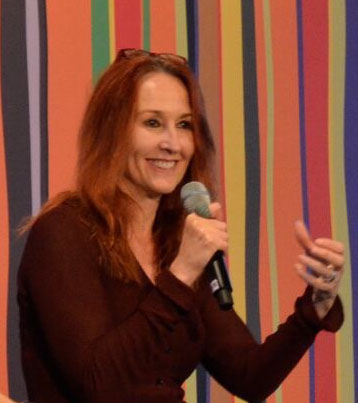
UNSW | Technology and Innovation

UNSW • Technology and Innovation
Jill Bennett is Professor and Director of the National Institute for Experimental Arts (NIEA) at UNSW Art & Design. Her research and practice focuses on interdisciplinary arts-led approaches to the study of human experience. She leads the Memory Lab at NIEA, and is currently investigating (with a team of cognitive neuropsychologists and artists) the use of immersive visualisation technologies to assist memory retrieval. Her most recent projects have focused on memory loss and amnesia, building on earlier pioneering work on art and traumatic memory. Through her books (such as Empathic Vision, 2005 and Practical Aesthetics, 2012) and a series of exhibitions/public projects, she has investigated the way that art engenders productive forms of empathy and social connection. She now works on “engagement science”—designing multidisciplinary research projects, which interface with the public in innovative ways. She is currently developing a major festival of arts and mental health, focused on the theme of Anxiety.
Dr Jim Bjork |

King's | Social Justice

King's • Social Justice
Dr Jim Bjork is a Lecturer in Modern European History and is Joint Review Editor on the Journal of Contemporary History. He has previously taught as a Visiting Assistant Professor in the US at the universities of Notre Dame, Rice, and Colgate. Dr Bjork's primary research and teaching interests are the social history of religion and the history of nationalisation in modern Europe.

Until recently, the experience and outcomes of health care have been conceptualised and measured from the perspective of clinicians or researchers. While important, these measures may obscure issues that are of central relevance to the experience of the patient. This project develops a new patient reported outcomes measure (PROM) for people with a history of injecting drugs who are undertaking treatment for hepatitis C. This change of perspective seeks to position the service user as central to measurement and evaluation of health services and is especially important for acknowledging and understanding the experiences of patient groups experiencing significant marginalisation from mainstream services.
Professor Carla Treloar |
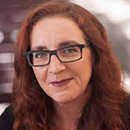
UNSW | Social Justice

UNSW • Social Justice
Professor Treloar is the Director of the Centre for Social Research in Health at UNSW Sydney. She has training in Social and Health Psychology and has almost 20 years of experience in public health, health services and translational research. She is one of the leading international experts in social research in hepatitis C prevention, care and treatment and a leading social scientist working in the field of hepatitis C prevention, care and treatment. She has published extensively on the decisions about hepatitis C treatment and barriers/facilitators of engaging in care including collaborative projects evaluating a number of hepatitis C treatment/care models. She has extensive involvement with policy makers and community groups around issues of access to HCV care and treatment and the participation of people who inject drugs. Carla is the Chair of PLuS Alliance Fellows at UNSW.

There is growing recognition that sustainability science requires input from scholars rooted in human values, ethics, cultures, aesthetics, and imaginations. Yet, despite a history of environmental work within the ‘environmental humanities’ - encompassing literature, history, philosophy, religion, human geography and art – engagement with sustainability science by the environmental humanities has predominantly been limited to critique rather than multidisciplinary collaboration. This research project proposed themed workshops to foster meaningful and deep collaborations between humanists and sustainability scientists in three domains - new knowledge co-production, new forms of engagement, and impact evaluation. These global workshops enable the modelling of research approaches and metrics that provide opportunities for communities and academics to better understand what lies behind public-decision making, to develop modes of collaboration with disciplines beyond the humanities and a range of public stakeholders, and to pilot new environmental humanities applications to pressing global challenges.
Professor Gary Dirks |
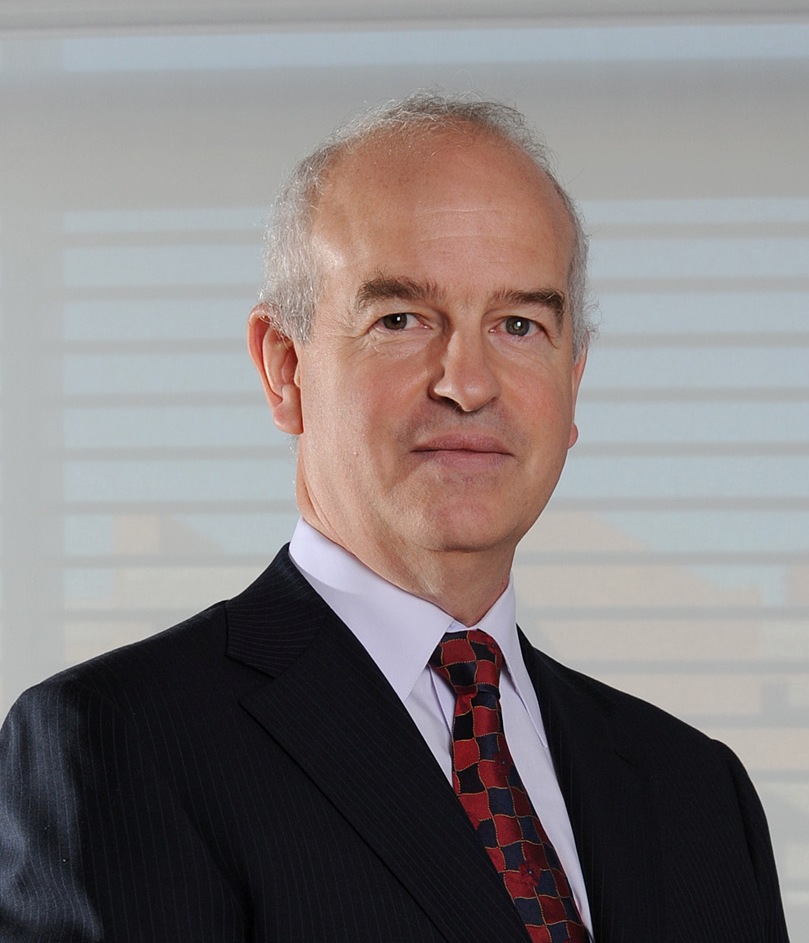
ASU | Sustainability

ASU • Sustainability
Gary Dirks, PhD, is the director of the Julie Ann Wrigley Global Institute of Sustainability at Arizona State University and director of LightWorks, an ASU initiative that capitalizes on the university’s strengths in solar energy and other light-inspired research. Dirks is also the Julie Ann Wrigley Chair of Sustainable Practices, professor of practice in the School of Sustainability, and a distinguished sustainability scientist. Dirks received his PhD in chemistry from ASU in 1980, and returned to ASU as the director of LightWorks in 2009. His expertise includes but is not limited to energy efficiency, conservation, and policy, bioenergy, alternative fuels and vehicles, renewable energy, and artificial photosynthesis. He was the first doctorate student to work in the Center for the Study of Early Events in Photosynthesis (now the Center for Bioenergy and Photosynthesis). Dirks is the former president of BP Asia-Pacific and president of BP China. In China, Dirks grew BP from an operation of fewer than 30 employees and no revenue to more than 1,300 employees and revenue of about $4 billion in 2008. He has served on the boards of the India Council for Sustainable Development, the US/China Center for Sustainable Development, and the China Business Council for Sustainable Development. In 2003, Dirks received China’s “Friendship Award” and an honorary CMG (Companion of the Order of St. Michael and St. George) from the United Kingdom in 2005. In 2008, he was recognized by the People’s Daily as one of the 10 most influential multinational company leaders of the last 30 years of China’s economic development.
Professor Rimjhim Aggarwal |
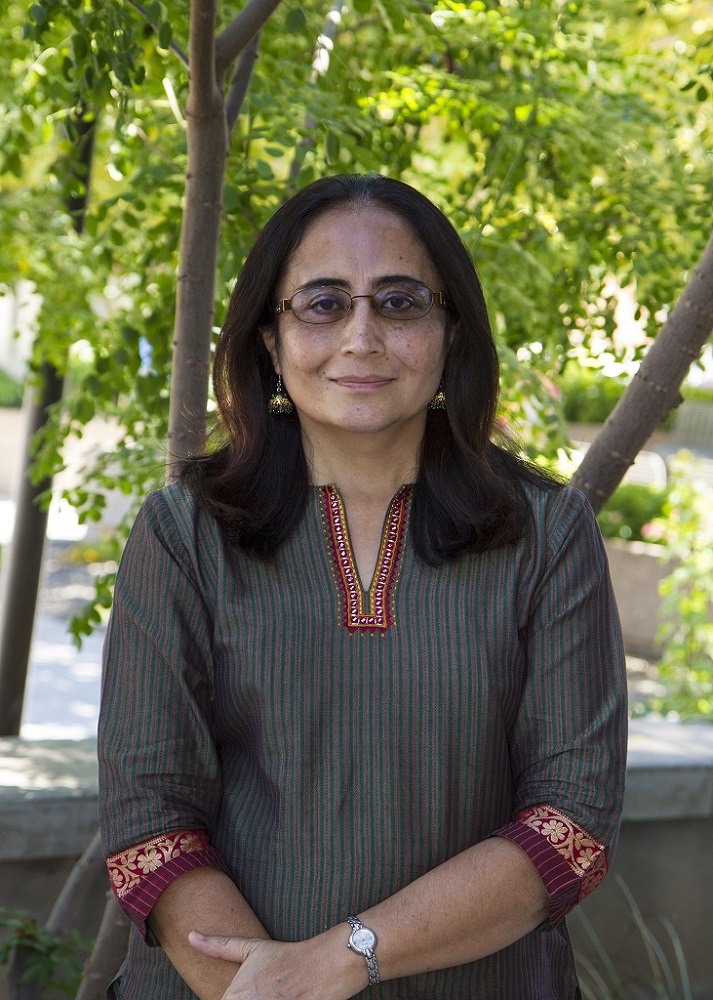
ASU | Sustainability

ASU • Sustainability
Rimjhim Aggarwal, PhD, is an Associate Professor for the School of Sustainability at Arizona State University. Aggarwal’s research and teaching interests lie at the interface between sustainability science and international development. A central focus of her research has been on examining the links between globalization, resilience of social-ecological systems, and human wellbeing. Currently, Aggarwal is researching the emerging conflicts in the framing of water as a human right as well as an economic, ecological, and social good in rapidly urbanizing regions, with a focus on Delhi, São Paulo, and Johannesburg. She is also working on a National Science Foundation project on “Innovations in Food, Energy and Water Systems.” Aggarwal is a recipient of the Fulbright-Nehru fellowship for India. In recognition of her efforts in "use-inspired research" and "community outreach," she was awarded ASU’s President's Award for Sustainability in 2010. Aggarwal has also worked as a senior consultant for the United Nations University's World Institute for Development Economics Research and the World Bank.
Professor Joni Adamson |
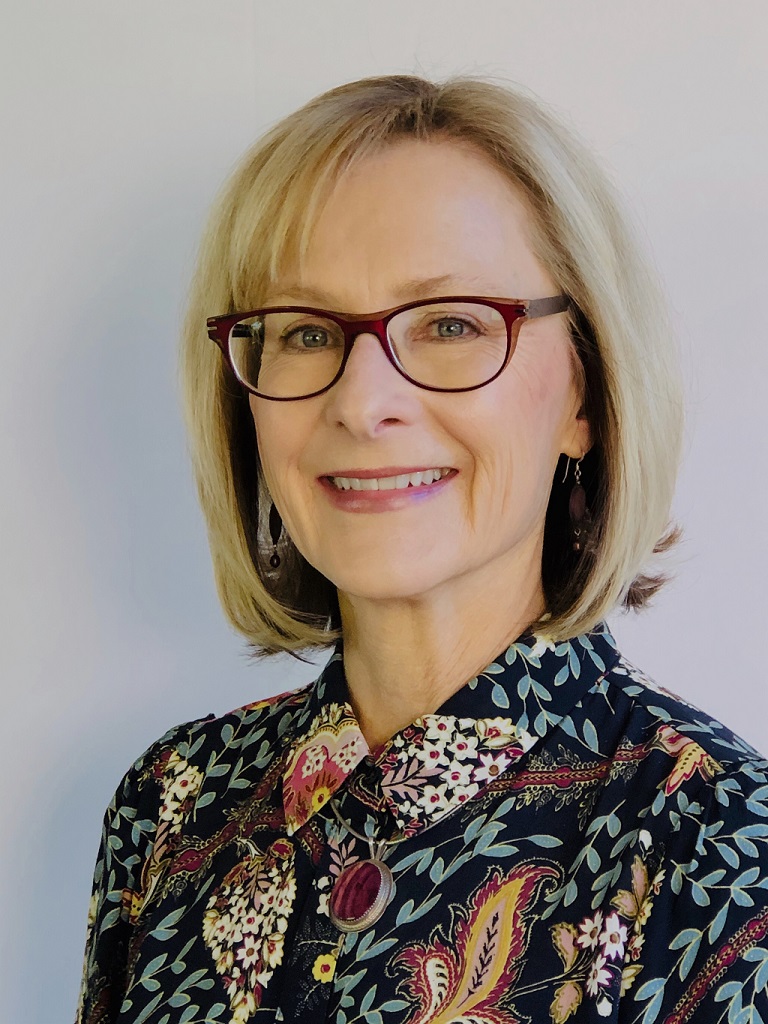
ASU | Sustainability

ASU • Sustainability
Joni Adamson is a President’s Professor of Environmental Humanities in the Department of English and Director of the Environmental Humanities Initiative (EHI) at Arizona State University. She is the author and/or co-editor of American Indian Literature, Environmental Justice and Ecocriticism (University of Arizona Press, 2001), The Environmental Justice Reader (University of Arizona Press, 2002), American Studies, Ecocriticism, and Ecology (Routledge, 2013), Keywords for Environmental Studies (New York University Press, 2016), Ecocriticism and Indigenous Studies—Conversations from Earth to Cosmos (Routledge 2017) and Humanities for the Environment (Routledge 2017). She lectures internationally and has published over 80 articles, chapters, blogs and reviews. Her work has been supported by many awards and grants, including most recently, the 2019 Benjamin N. Duke Fellowship at the National Humanities Center in North Carolina. She is Secretary General of the Humanities for the Environment global network and served as President of the world’s largest environmental humanities organization, The Association for the Study of Literature and Environment (ASLE), in 2012.
Dr George Adamson |
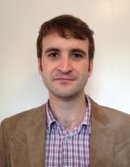
King's | Sustainability

King's • Sustainability
Dr George Adamson is an interdisciplinary geographer with specialisms that span the physical, social and cultural dimensions of geography, particularly climate. His research calls for a greater attention to pre-industrial or 'natural climate variability' and also an appreciation of the deeper historical interrelationship of climate and society.
Professor Mike Hulme |
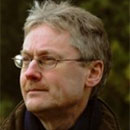
King's | Sustainability

King's • Sustainability
Mike Hulme is a Professor of Climate & Culture. His research interests focus on the relationships between climate, history and culture, cultural and scientific knowledge of climate and its changes, climate engineering and public meanings and representations of the idea of climate-change. His work draws upon theories and methods from science and technology studies, geographies of science, cultural geography, political philosophy and environmental history.
Professor Cameron Holley |
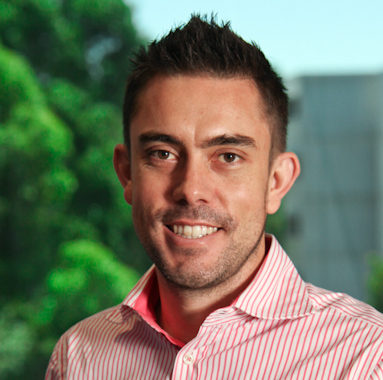
UNSW | Sustainability

UNSW • Sustainability
Professor Cameron Holley is the Co-Director of Postgraduate Studies at UNSW Law, Chair of the Environmental Law Research Cluster at UNSW Law and a member of the leadership teams of the Connected Waters Initiative Research Centre and the Global Water Institute, UNSW. His research is in the areas of environmental law and water governance. Within these fields, he has examined issues of compliance and enforcement, environmental security, resilience, democratic participation, adaptive management and collaborative governance. An empirical researcher, Cameron works closely with international government and non-government organisations on research projects. His current agenda is centred on water law and energy governance (under an ARC Discovery) and identifying best practices in the regulation of water scarcity by comparing laws in Europe, USA and Australia. In 2014, he was awarded the IUCN Academy of Environmental Law Scholarship Award for my contribution to environmental law scholarship.
